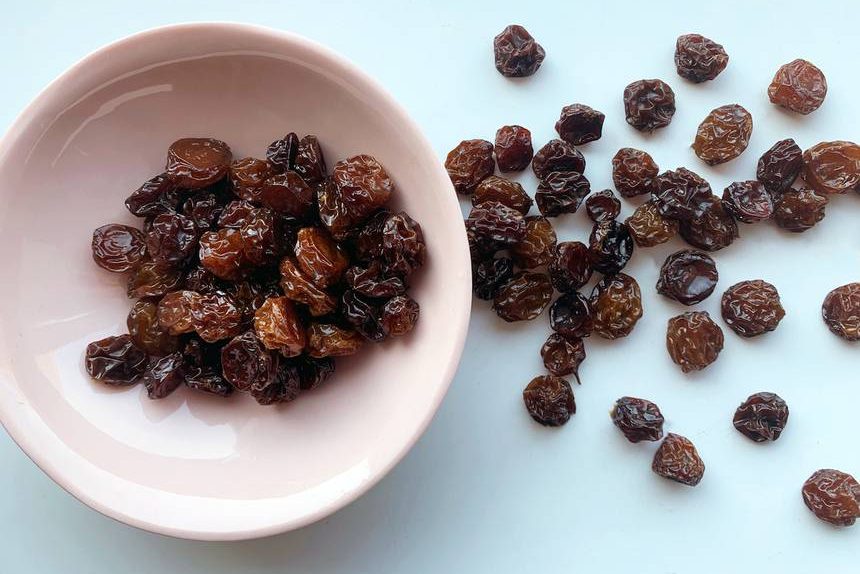Chew on This: Raisin Cake from 1866

Spring is here! With the new season comes a desire for spring cleaning. Throw open the windows and clear out the cobwebs. Before I ponder sweet pea tendrils or ramps, I am reminded of advice from Mrs. Malinda Russell and her 1866 cookbook, A Domestic Cook Book : containing a careful selection of useful recipes for the kitchen. According to her Rules and Regulations of the Kitchen,
“the Kitchen should always be Neat and Clean. The Tables, Pastry Boards, Pans, and everything pertaining to Cookery, should be well Cleansed.”
A Domestic Cook Book is thought to be the first cookbook written by an African American woman. Mrs. Russell’s mother was set free from slavery in Virginia and Malinda was a free black woman raised in the eastern part of Tennessee. Self-published during the Civil War, we learn much of Mrs. Russell’s “Union principles” and her personal struggles from her introduction:
I have made Cooking my employment for the last twenty years, in the first families of Tennessee, (my native place,) Virginia, North Caroline, and Kentucky. I know my Receipts to be good, as they always have given satisfaction. I have been advised to have my recipes published, as they are valuable, and every family has use for them. Being compelled to leave the South on account of my Union principles, in the time of the Rebellion, and having been robbed of all my hard-earned wages which I had saved; and I am now advanced in years, with no other means of support than my own labor; I have put out this book with the intention of benefiting the public as well as myself…
Let us celebrate the triumph of spring and Mrs. Malinda Russell with one of her favorite recipes:
Raisin Cake
One lb. sugar
One lb. flour
3-4th lb. butter
twelve eggs
two lbs. raisins chopped
Beat the sugar and butter together, add the yelks [sic] well beaten with butter and sugar, mix with the flour one teaspoon soda and cream tartar, add the whites beaten to a stiff froth, one grated nutmeg, and one gill brandy; bake by a gradual heat. (p.9)
